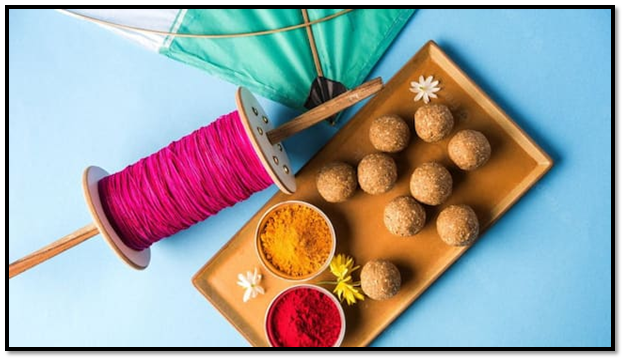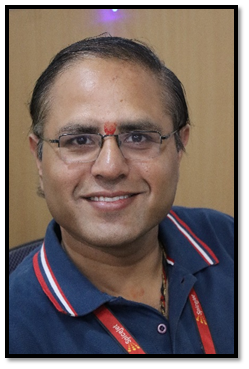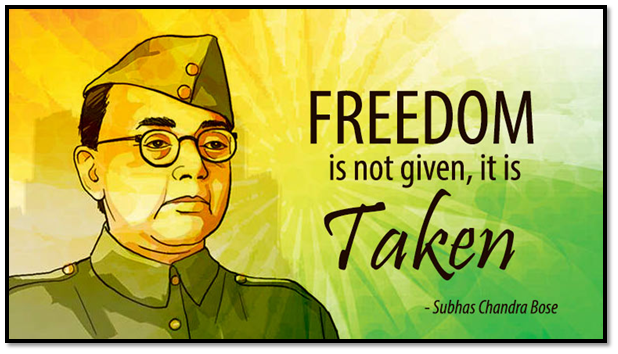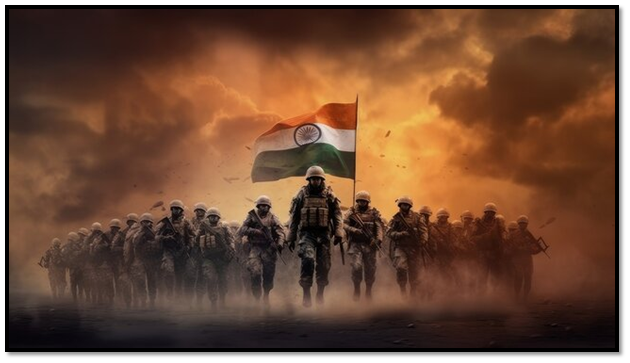Celebrating Makara Sankranti, Pongal, and Makaravilakku: A Cultural Tapestry of India
India, a land of diverse cultures and traditions, celebrates a multitude of festivals throughout the year. Among these, Makara Sankranti, Pongal and Makaravilakku stand out as significant occasions that herald the arrival of the harvest season and symbolize the sun’s transition into the zodiac sign of Capricorn (Makara). Each celebration reflects unique regional flavours, traditions and cultural importance, uniting people in joy and gratitude.
Makara Sankranti: The Festival of Harvest
Makara Sankranti is celebrated across India, marking the end of the winter solstice and the beginning of longer days. Traditionally, this festival symbolizes the harvest and the start of the new agricultural season. The day is dedicated to worshipping the sun and expressing gratitude for the bountiful harvest.
Celebrations across India:
- North India: In states like Punjab and Haryana, Makara Sankranti is celebrated as Lohri, a festival dedicated to the harvest of sugarcane. Bonfires are lit, and people gather around them to sing, dance and enjoy traditional foods like jaggery and sesame seeds.
- Western India: In Gujarat, the festival is known as Uttarayan, marked by the colorful kite-flying competitions that fill the skies with vibrant hues. People enjoy delicious treats like til (sesame) sweets and share festive meals with family and friends.
- South India: The festival is celebrated with grandeur in Tamil Nadu as Pongal, named after the traditional dish made from newly harvested rice. Homes are decorated with kolams (colorful rangoli designs) and families prepare offerings for the sun god.
- East India: In Odisha and Bengal, the day is associated with Makar Mela, where people flock to riverbanks to take holy dips, seek blessings and engage in various festivities.
Pongal
Pongal is a four-day festival celebrated primarily in Tamil Nadu, coinciding with Makara Sankranti. It is a time to honor the sun god, celebrate agricultural prosperity and spend time with family.
Key Highlights of Pongal Celebrations:
- Pongal Dish: The highlight of the festival is the preparation of the Pongal dish, made from freshly harvested rice, milk and jaggery. It is often decorated with sugarcane, turmeric and other auspicious items.
- Celebration Days: Pongal is celebrated over four days:
- Bhogi Pongal: A day to discard old belongings and celebrate new beginnings.
- Thai Pongal: The main day of the festival, dedicated to cooking and offering Pongal to the sun.
- Mattu Pongal: A day to honor cattle, recognizing their contribution to agriculture.
- Kaanum Pongal: A day for family reunions and visits to relatives.
- Cultural Significance: Pongal fosters community bonding and reinforces agricultural traditions, reflecting the deep-rooted connection between the people and the land.
Makaravilakku: A Festival of Lights and Devotion
Makaravilakku is celebrated in Kerala, particularly in the Sabarimala temple and it coincides with Makara Sankranti. This festival is significant for devotees of Lord Ayyappa, who embark on a pilgrimage to the temple during this time.

Celebration Highlights:
- Pilgrimage to Sabarimala: Thousands of devotees undertake a journey to the Sabarimala temple, observing strict rituals and practices. The journey symbolizes spiritual purification and devotion.
- Makaravilakku Day: The festival peaks on the day of Makaravilakku, where a ceremonial lighting of the lamp takes place in the temple, signifying the arrival of the sun. The sight of the celestial light from the temple is considered auspicious.
- Community Participation: Makaravilakku fosters a sense of community, with devotees coming together to share their faith, experiences and cultural traditions.
The celebrations of Makara Sankranti, Pongal and Makaravilakku reflect the agrarian roots of Indian society and emphasize the importance of gratitude, community and spirituality. Each region brings its unique customs, displaying the rich tapestry of Indian culture.

These festivals encourage people to come together, irrespective of caste or creed, fostering unity and harmony. They serve as a reminder of the cycles of nature and the importance of respecting and nurturing the environment.
As we celebrate Makara Sankranti, Pongal and Makaravilakku, we honour the spirit of gratitude, community and cultural diversity that defines India. These festivals not only mark a time of harvest and renewal but also serve as a celebration of life, love and the shared values that bind us together. Embracing the richness of these traditions allows us to connect with our roots and carry forward the legacy of unity and joy in our modern lives.
By: Mr. Naveen Pathak (Deputy Manager – Ground Support)




